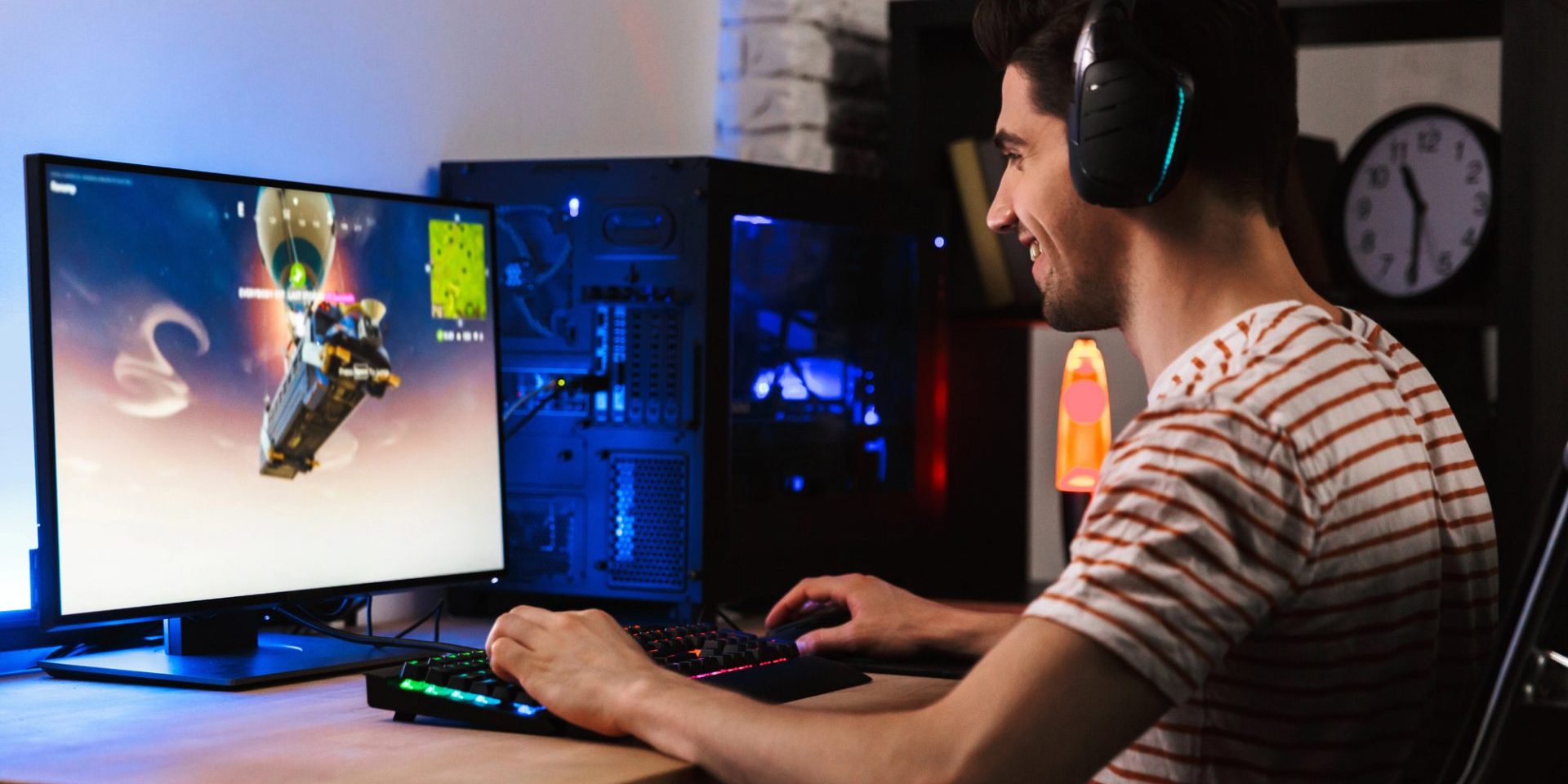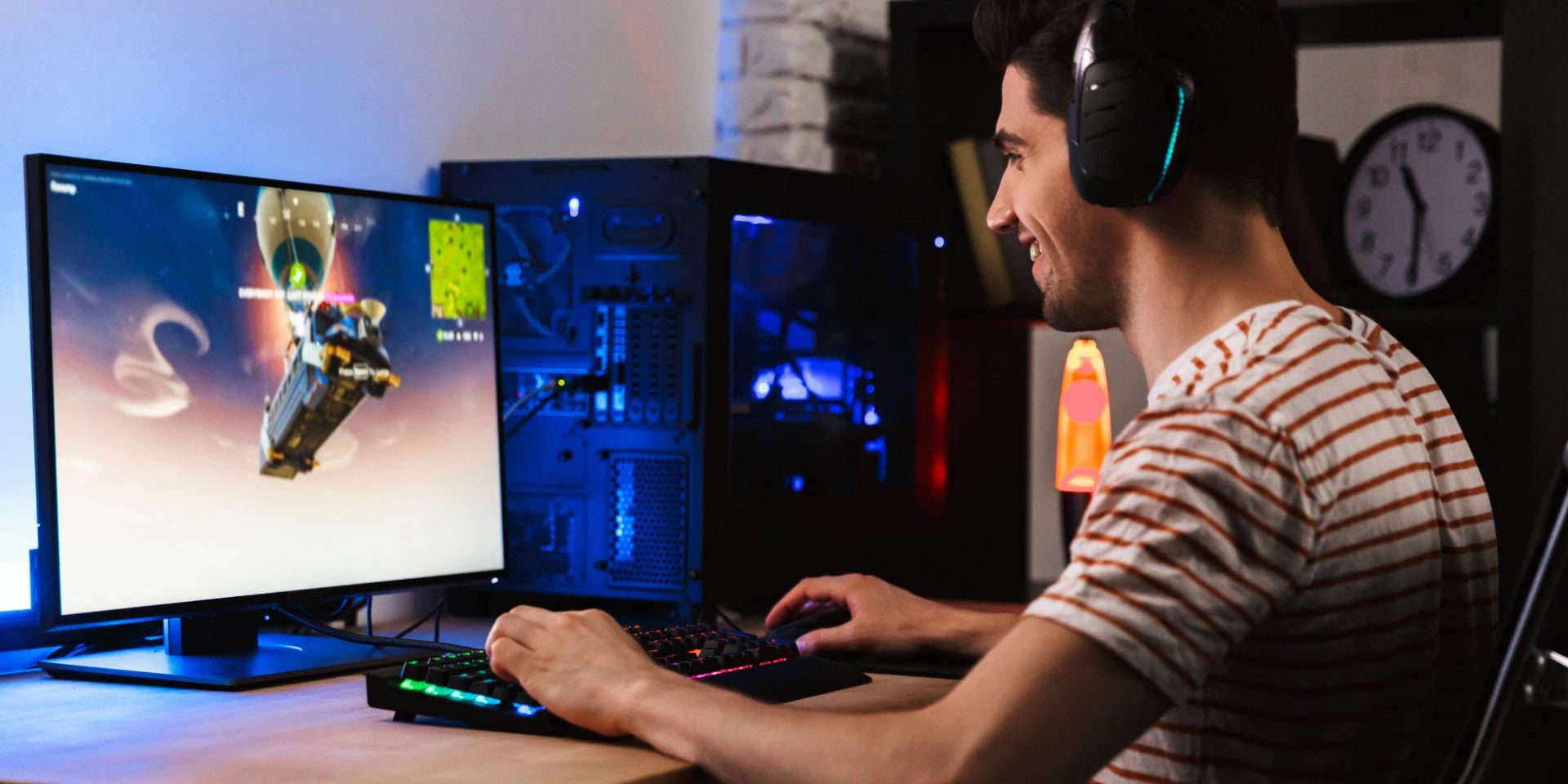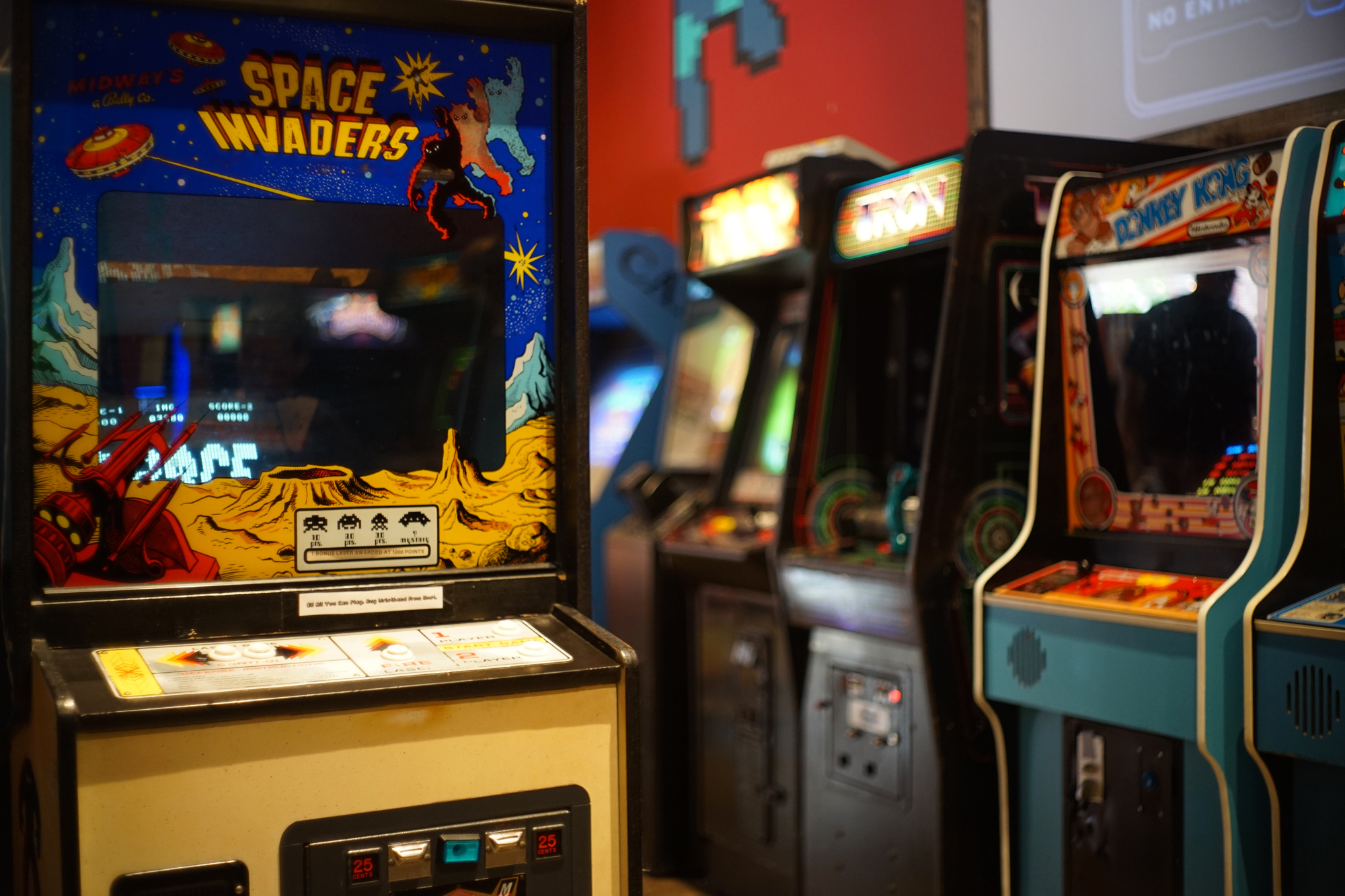Video games have become a significant part of modern entertainment, attracting millions of players worldwide. Cognitive biases, inherent flaws in human thinking, can profoundly influence gaming strategy and decision-making. These biases can lead players to make suboptimal choices, misinterpret game situations, and overlook crucial information, potentially impacting their overall performance and enjoyment.
Strategy games and puzzle games are particularly susceptible to the effects of cognitive biases. Players may fall prey to confirmation bias, seeking out information that supports their preexisting beliefs about game mechanics or strategies while ignoring contradictory evidence. Anchoring bias can cause gamers to rely too heavily on initial information when making decisions, potentially missing out on more advantageous options that arise later in the game.
Understanding these cognitive biases can help players improve their gaming skills and develop more effective strategies. By recognizing and mitigating the impact of these mental shortcuts, gamers can make more rational decisions, adapt better to changing game conditions, and enhance their overall gaming experience.
The Psychology of Gaming
Video games engage multiple cognitive processes and can influence mental health. Players employ various psychological strategies and develop specific cognitive skills through gaming.
Understanding Cognitive Biases
Cognitive biases shape how gamers perceive and interact with virtual environments. Confirmation bias leads players to seek information that supports their existing beliefs about game mechanics or strategies. This can result in overlooking crucial details or alternative approaches.
The availability heuristic affects decision-making in fast-paced games. Players may rely on easily recalled information rather than considering all options, potentially leading to suboptimal choices.
Overconfidence bias can impact risk assessment in competitive gaming. Players might overestimate their abilities, taking unnecessary risks that jeopardize their progress or victory.
Recognizing these biases helps gamers develop more balanced strategies and improve their performance.
Cognitive Skills in Gaming
Video games enhance various cognitive abilities. Spatial awareness improves as players navigate complex 3D environments. This skill transfers to real-world tasks involving spatial reasoning.
Attention and focus are strengthened through gaming. Action games, in particular, train players to track multiple objects simultaneously and react quickly to visual cues.
Problem-solving skills develop as gamers tackle puzzles and strategic challenges. Many games require creative thinking and the ability to approach problems from different angles.
Memory benefits from gaming as well. Players must retain and recall information about game mechanics, storylines, and character abilities.
These cognitive enhancements can persist beyond gaming sessions, positively impacting academic and professional performance.
Effects of Video Gaming on Mental Health
Gaming influences mental health in complex ways. Moderate gaming can reduce stress and anxiety by providing an engaging distraction from daily pressures. It offers a sense of achievement and social connection through online multiplayer experiences.
However, excessive gaming may lead to negative outcomes. Some individuals develop gaming addiction, neglecting other aspects of life. This can result in social isolation, sleep disturbances, and decreased overall well-being.
Violent video games have been a subject of debate regarding their impact on aggression. While some studies suggest a link, others find no significant connection between gaming and real-world violent behavior.
Balancing gaming with other activities is key to maintaining positive mental health outcomes. Setting time limits and engaging in diverse leisure activities can help mitigate potential negative effects.
Strategic Influence on Game Play
Cognitive biases significantly shape how players approach and execute strategies in games. These mental shortcuts affect decision-making processes, planning abilities, and adaptability during gameplay.
Decision-Making in Strategy Games
Strategy games require players to make numerous choices that impact their success. Cognitive biases like the confirmation bias can lead players to seek information that supports their existing beliefs about game mechanics or opponent behavior. This can result in flawed strategic decisions.
The availability heuristic often influences players to rely on easily recalled information when making choices. For example, a player might overestimate the likelihood of a rare event occurring based on a recent experience, leading to suboptimal resource allocation.
Anchoring bias can cause players to fixate on initial information or strategies, potentially missing better alternatives that emerge as the game progresses.
Planning and Execution of Game Strategies
Effective planning in games involves anticipating future scenarios and preparing appropriate responses. The planning fallacy, where players underestimate the time and resources needed to complete tasks, can lead to overly ambitious strategies that fall short in execution.
Overconfidence bias may cause players to overestimate their abilities or the strength of their position, resulting in risky or aggressive tactics that backfire. Conversely, loss aversion might lead to overly cautious play, missing opportunities for strategic gains.
The illusion of control can prompt players to believe they have more influence over game outcomes than they actually do, potentially leading to poor risk assessment and resource management.
Adaptability and Cognitive Flexibility
Successful gaming often requires adapting strategies in response to changing circumstances. The status quo bias can hinder this flexibility, causing players to stick with familiar strategies even when they’re no longer effective.
Cognitive flexibility allows players to switch between different mental sets and adapt their approach. However, the sunk cost fallacy may lead players to persist with failing strategies due to prior investment of time or resources.
Framing effects can influence how players perceive and respond to in-game situations. The same scenario presented differently might elicit distinct strategic responses, highlighting the importance of considering multiple perspectives in decision-making.
Cognitive Improvement and Video Games
Video games offer potential cognitive benefits across various domains. Research has shown promising results in enhancing mental abilities through gameplay.
Empirical Studies on Cognitive Enhancement
Studies indicate that action video games can improve visual attention and spatial cognition. Players often exhibit faster reaction times and better task-switching abilities. Research found increased gray matter volume in brain regions associated with spatial navigation and strategic planning in frequent gamers.
One study showed that playing action games for just 10 hours led to improvements in visual search tasks. Another experiment demonstrated enhanced working memory capacity after extended gameplay sessions.
Brain imaging research has revealed increased activation in areas linked to attention and executive function in gamers. This suggests video games may strengthen neural pathways related to cognitive control.
Serious Games and Rehabilitation
Specialized “serious games” are used in cognitive rehabilitation for patients with brain injuries or neurological conditions. These games target specific cognitive functions like memory, attention, and problem-solving.
A study of stroke patients found that playing tablet-based games improved visual attention and processing speed. Another trial showed memory gains in older adults who played a custom-designed video game.
Virtual reality games aid physical and cognitive recovery in some patients. They provide engaging, customizable environments for practicing real-world skills.
Some hospitals now incorporate gaming into rehabilitation programs. This approach aims to make therapy more enjoyable and effective for patients.
Educational Contributions of Gaming
Educational video games can enhance learning across subjects. Studies show improved math skills in children who played number-based games. History-themed games boosted retention of historical facts and concepts.
Simulation games allow students to apply knowledge in virtual scenarios. This hands-on approach reinforces learning and critical thinking skills.
Puzzle and strategy games may boost problem-solving abilities. Players learn to analyze situations, plan ahead, and adapt to changing conditions.
Some schools have integrated carefully selected games into curricula. Teachers report increased student engagement and knowledge retention with game-based learning approaches.
Social and Behavioral Aspects of Gaming
Video games influence social skills, teamwork, and human behavior. They shape interactions and play a significant role in modern society.
Impact on Social Skills and Teamwork
Video games, especially multiplayer ones, can enhance social skills and teamwork. Players often communicate with teammates, coordinate strategies, and work towards shared goals. This fosters collaboration and improves verbal communication.
First-person shooter games require quick decision-making and coordination among team members. These skills can transfer to real-life situations, helping players become better at working in groups.
Some games promote emotional intelligence by requiring players to read and respond to others’ emotions and intentions. This can lead to improved empathy and social awareness in real-world interactions.
Prosocial Versus Antisocial Gaming
Gaming can have both prosocial and antisocial effects on behavior. Prosocial video games, which reward helping and cooperation, can increase empathy and reduce aggressive thoughts.
Violent video games have been linked to short-term increases in aggressive behavior. However, research on long-term effects remains inconclusive.
Some games balance competitive and cooperative elements, teaching players to compete fairly while working together. This can help develop a healthy approach to competition and collaboration.
The Role of Video Games in Society
Video games have become a significant part of popular culture. They serve as entertainment, educational tools, and social platforms.
Games are used in schools to teach various subjects and improve cognitive skills. Some high school students participate in esports teams, which can boost school engagement and teach valuable life skills.
Gaming communities provide social connections for many people. Online gaming platforms allow individuals to form friendships and maintain relationships across geographical boundaries.
The gaming industry influences other sectors, such as technology, art, and storytelling. It drives innovation in areas like virtual reality and artificial intelligence.












